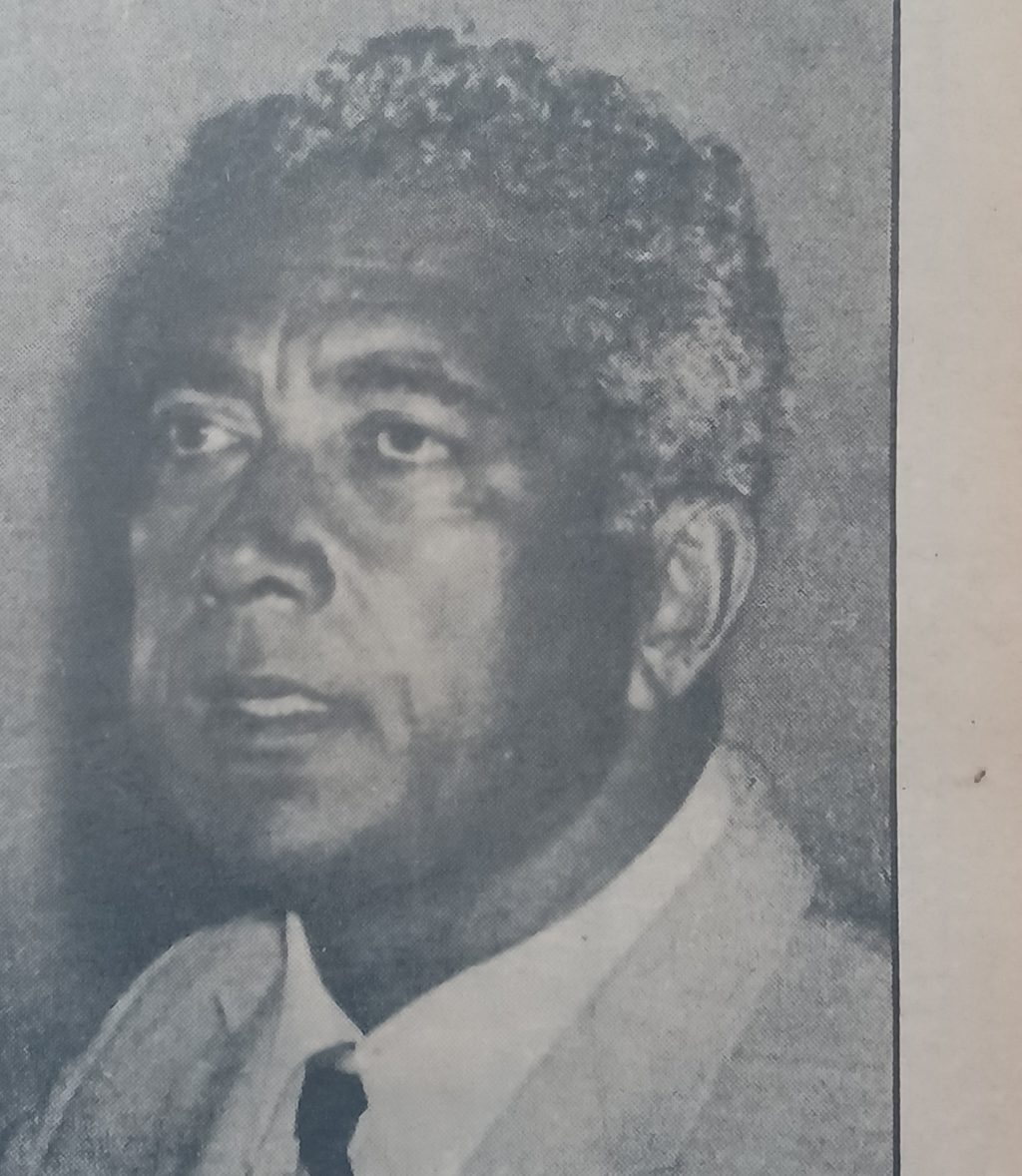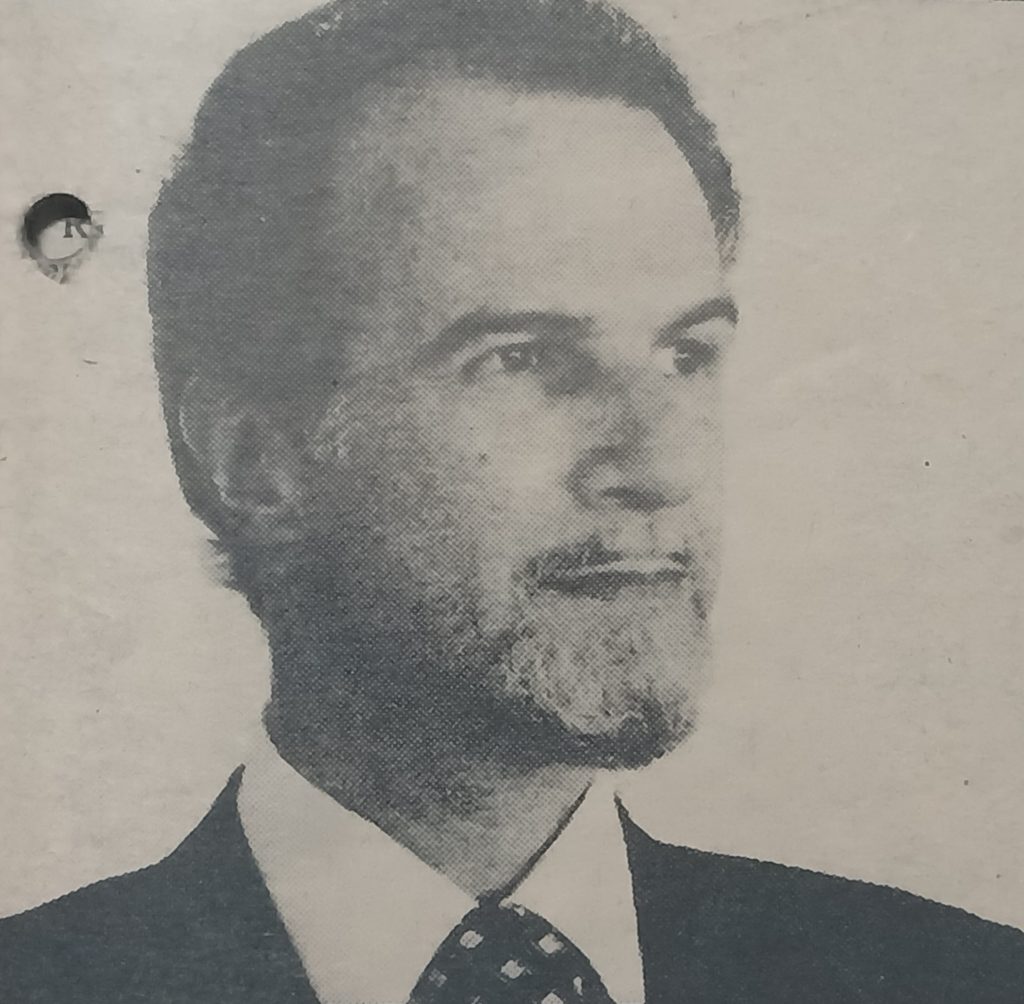Prime Minister Ratu Sir Kamisese Mara in 1979 said the reaction of Sir Clifford Grant to a suggestion that a local judge replace him as Chief Justice had created a “very difficult position”.
Ratu Mara, according to an article published by The Fiji Times on November 8 that year, said in a broadcast statement to the nation he wanted to localise the office in a manner “devoid of emotion and controversy”.
He said the high quality of the judiciary was due to Sir Grant “in no small measure”.
As Prime Minister at the time, however, he had a constitutional obligation to see that public offices were filled by Fijian citizens when possible.
Three local judges were “eminently qualified for the position”.
“These were the considerations foremost in my mind when I invited the CJ to consider the localisation of his position,” Ratu Mara shared.
“I had gone to considerable pain to emphasise in my letter to him that I was not doing so because of any reservation I had regarding his ability or integrity. Indeed, quite the opposite is the case.
“I had approached him because I had hoped that he might see the matter without emotion and offer to discuss it with me.
“If this was the case, I can then communicate to the Governor-General what time we had agreed on as his time of retirement. Instead, he replied to my letter very briefly and said he was going to refer the matter to the Governor-General, who is the appointing authority in this case.
“This attitude has placed the Governor-General in a very difficult position because my communication to the Chief Justice was based entirely on my desire to promote localisation of the public service in an orderly manner devoid of emotion and controversy.”
Ratu Mara said suggestions that he was interfering with the judiciary were “mischievous”.
“No one is trying to interfere with the work and responsibilities of the judiciary, which I would be the first to protect.
“Localisation of positions in the public service is quite another matter, and a field in which I have specific constitutional obligation in the interest of Fiji.”
The PM denied he was interfering with the judiciary in moving to localise the CJ position. He released the text of a letter to Sir Clifford in which he hoped to see a local CJ appointed in six months.
His statement followed newspaper reports that he wanted to see Sir Grant, who is British, replaced as part of the localisation process.
The PM had not asked the Governor-General to replace Sir Grant. This newspaper learned he planned to write to Ratu Sir George Cakobau.
Sir Grant, in a reply to questions from The Fiji Times, said he must consider them carefully before issuing a statement.
There was no reply from Government House to questions in which this newspaper asked the Governor-General to give his reaction to the PM’s course, trying to have Sir Grant replaced.
The Leader of the Opposition, Jai Ram Reddy, said he “was not in a position to make a statement yet, but I hope to be able to make a statement in a few days when I am better apprised of the developments”.
He added that all he knew was what appeared in the newspapers.
Fiji Law Society president Kishor Govind said its council would discuss the matter in Suva.
“It is an important issue, and we feel the matter should be considered well before we make any statement,” Mr Govind said.
However, a senior official of the society, who did not want to be named, claimed 99 per cent “of its members supported the PM”.
The Fijian Association’s new vice-president, Apisai Tora, asked for a meeting with the PM and commented afterwards that Ratu Mara was “acting in accordance with the spirit of the Constitution”.
According to the article, a special Cabinet meeting agreed that the letter sent to Sir Grant should be published “in the public interest”.
Sir Grant became Chief Justice in 1974.
Former Prime Minister Ratu Sir Kamisese Mara.



